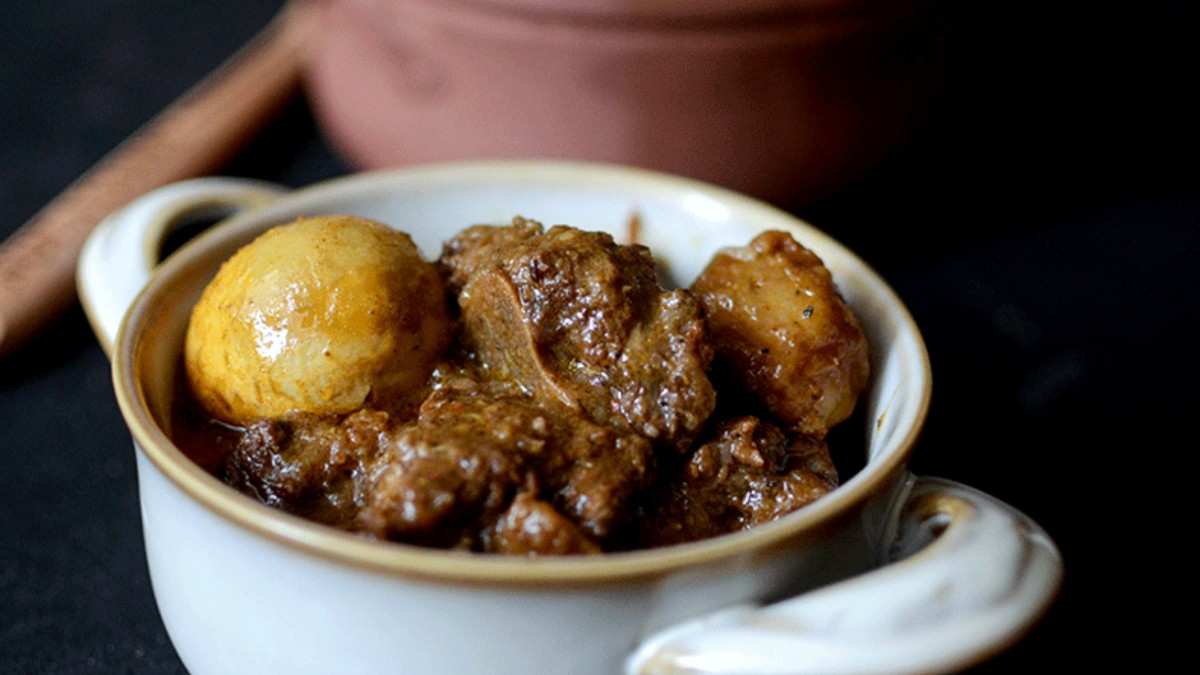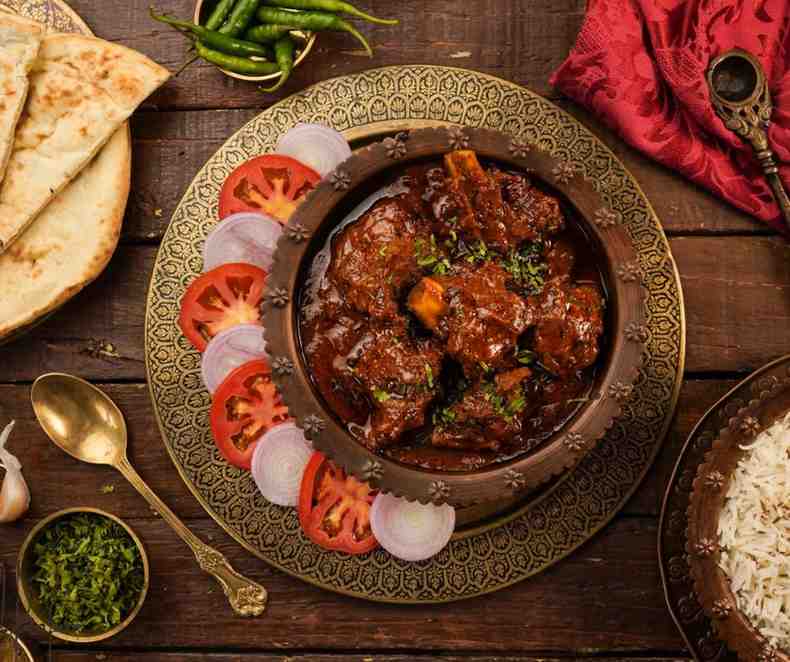
Few dishes in the world spark as much love, nostalgia, and debate as the hamburger. From roadside diners in America to gourmet bistros in Europe, this iconic sandwich is both comfort food and a cultural phenomenon. It is celebrated for its juicy flavors yet criticized for its health and environmental consequences. The hamburger is more than just food—it is a story of modern society, globalization, and culinary evolution.
The Birth of a Legend
The origin of the hamburger is debated, but most historians trace it back to late 19th-century America, inspired by Hamburg steak brought by German immigrants. Over time, this meat patty found its way between two buns, becoming a quick, affordable, and portable meal.
“The hamburger is not just an invention; it is America on a plate,” remarks historian John T. Edge.
Today, hamburgers are served in over 150 countries, from the bustling streets of Tokyo to the cozy cafés of Paris.
Why People Love the Hamburger
There are countless reasons why hamburgers have conquered the global food scene:
-
Taste Explosion: A perfect bite blends the tenderness of the patty with the crunch of lettuce, the creaminess of cheese, and the tang of sauces.
-
Endless Variations: From beef to lamb, chicken, fish, and even plant-based patties, there’s a burger for every taste.
-
Cultural Symbol: For many, eating a hamburger is synonymous with leisure, freedom, and a taste of modern America.
Celebrity chef Gordon Ramsay once said, “A great hamburger should be a symphony of flavors, simple yet unforgettable.”
The Other Side: Health and Environmental Concerns
Yet, not everyone sings praises for this beloved sandwich.
-
Health Issues: A standard fast-food hamburger can pack more than 500 calories, heavy sodium, and high saturated fat. Nutritionists warn that frequent consumption can lead to obesity, heart disease, and diabetes.
-
Environmental Damage: Beef production is one of the largest contributors to greenhouse gas emissions and deforestation, making burgers a symbol of unsustainable eating.
-
Cultural Backlash: Some critics argue that the rise of fast-food chains has eroded local food traditions.
Nutrition expert Marion Nestle warns, “The hamburger represents the price we pay for convenience—our health and our planet.”
The Gourmet Comeback
While the fast-food version faces criticism, gourmet burgers have found their way into fine dining. Chefs now use grass-fed beef, artisanal brioche buns, caramelized onions, truffle oil, and organic greens, elevating the humble burger to haute cuisine.
Food critic Jonathan Gold once wrote, “The hamburger proves that even the simplest dish, in the right hands, can become culinary poetry.”
Plant-based innovations, such as Impossible Burger and Beyond Meat, are also gaining critical acclaim for mimicking the taste of beef while reducing environmental harm.
A Classic Hamburger Recipe 🍳
For readers tempted to make their own burger at home, here’s a timeless recipe:
Ingredients (Serves 4)
-
500g ground beef (80% lean, 20% fat)
-
4 burger buns (preferably brioche or sesame)
-
4 slices cheddar cheese
-
Lettuce leaves
-
Tomato slices
-
Onion rings (raw or caramelized)
-
Pickles (optional)
-
2 tbsp mayonnaise
-
2 tbsp ketchup
-
1 tbsp mustard
-
Salt and black pepper to taste
-
2 tbsp butter (for toasting buns)
Method
-
Prepare the Patties: Mix ground beef with salt and pepper. Shape into 4 equal patties without pressing too hard.
-
Cook the Patties: Heat a skillet or grill. Cook patties 3–4 minutes per side for medium doneness. Place cheese slices on patties during the last minute to melt.
-
Toast the Buns: Spread butter on buns and toast until golden brown.
-
Assemble the Burger: Spread mayonnaise, ketchup, and mustard on buns. Layer lettuce, tomato, onion, and the cheesy patty. Add pickles if desired.
-
Serve: Press gently, cut in half, and serve hot with fries or salad.
“Homemade burgers bring people together—it’s not just a dish, it’s a celebration,” says chef Jamie Oliver.
The hamburger is a paradox: loved for its flavor, convenience, and cultural charm, yet criticized for its health risks and environmental footprint. From greasy fast-food counters to Michelin-starred kitchens, it has continuously reinvented itself. Whether you enjoy it as a guilty pleasure, a gourmet masterpiece, or a plant-based innovation, the hamburger remains one of the most influential foods of our time.
In the end, the choice lies with us—how often, how sustainably, and in what style we choose to bite into this enduring classic.
Appreciating your time:
We appreciate you taking the time to read our most recent article! We appreciate your opinions and would be delighted to hear them. We value your opinions as we work hard to make improvements and deliver material that you find interesting.
Post a Comment:
In the space provided for comments below, please share your ideas, opinions, and suggestions. We can better understand your interests thanks to your input, which also guarantees that the material we offer will appeal to you. Get in Direct Contact with Us: Please use our “Contact Us” form if you would like to speak with us or if you have any special questions. We are open to questions, collaborations, and, of course, criticism. To fill out our contact form, click this link.
Stay Connected:
Don’t miss out on future updates and articles.








